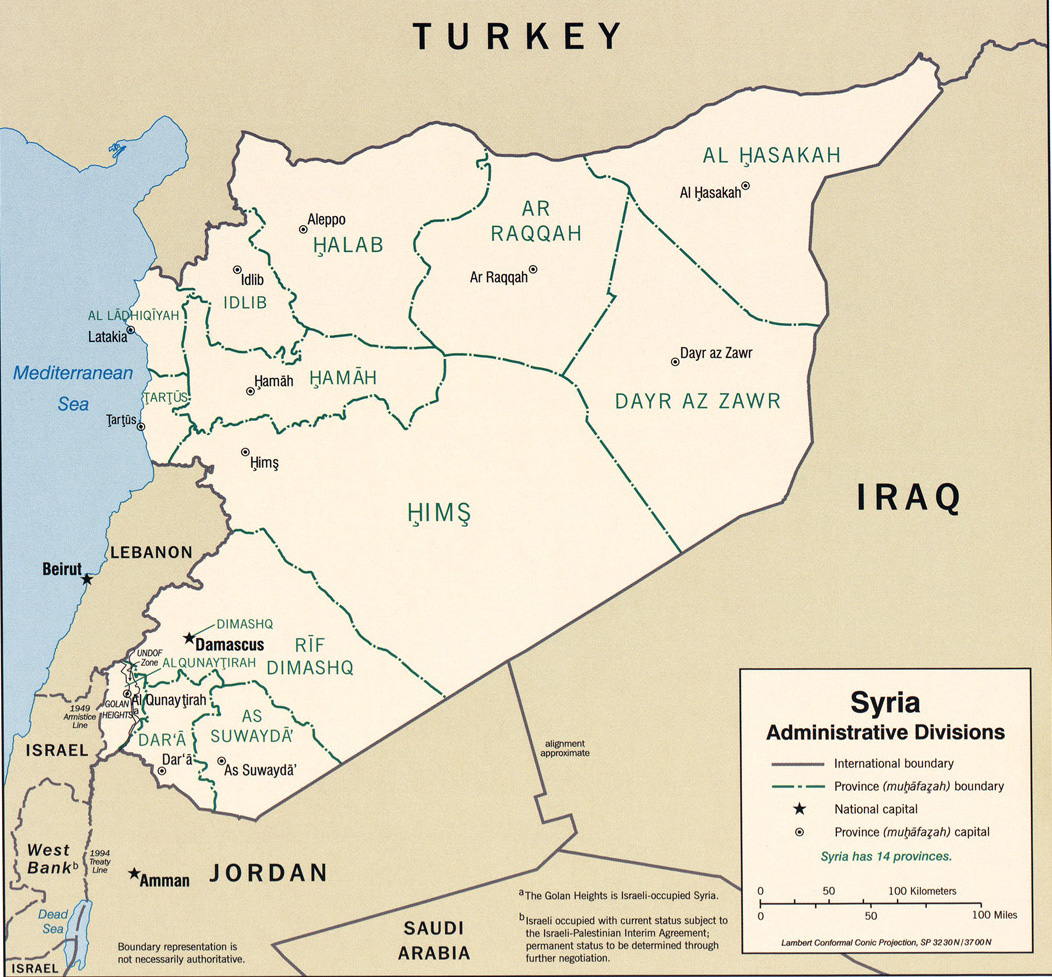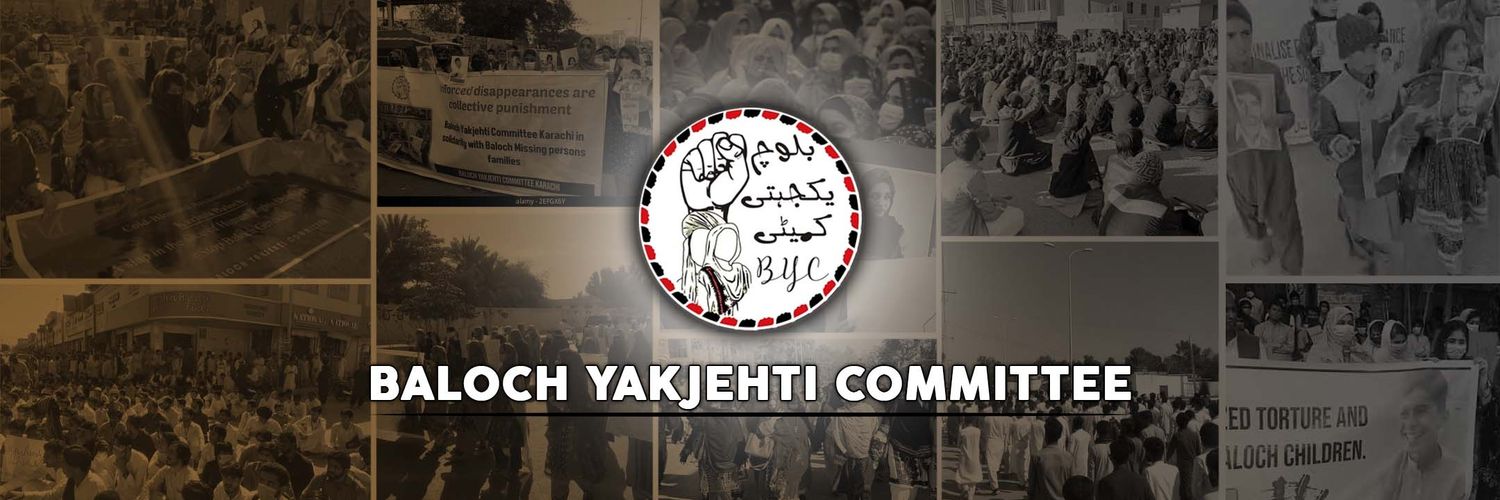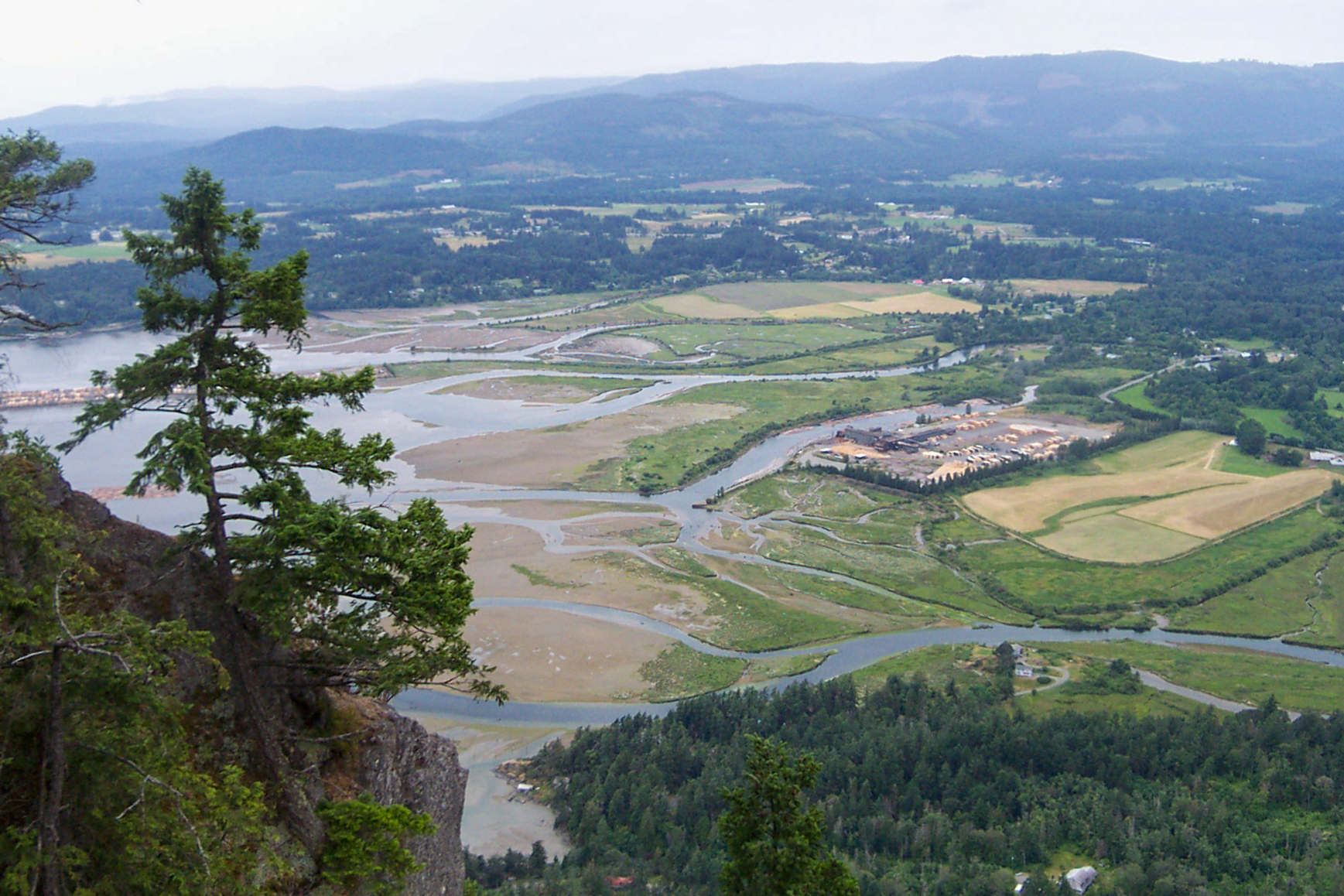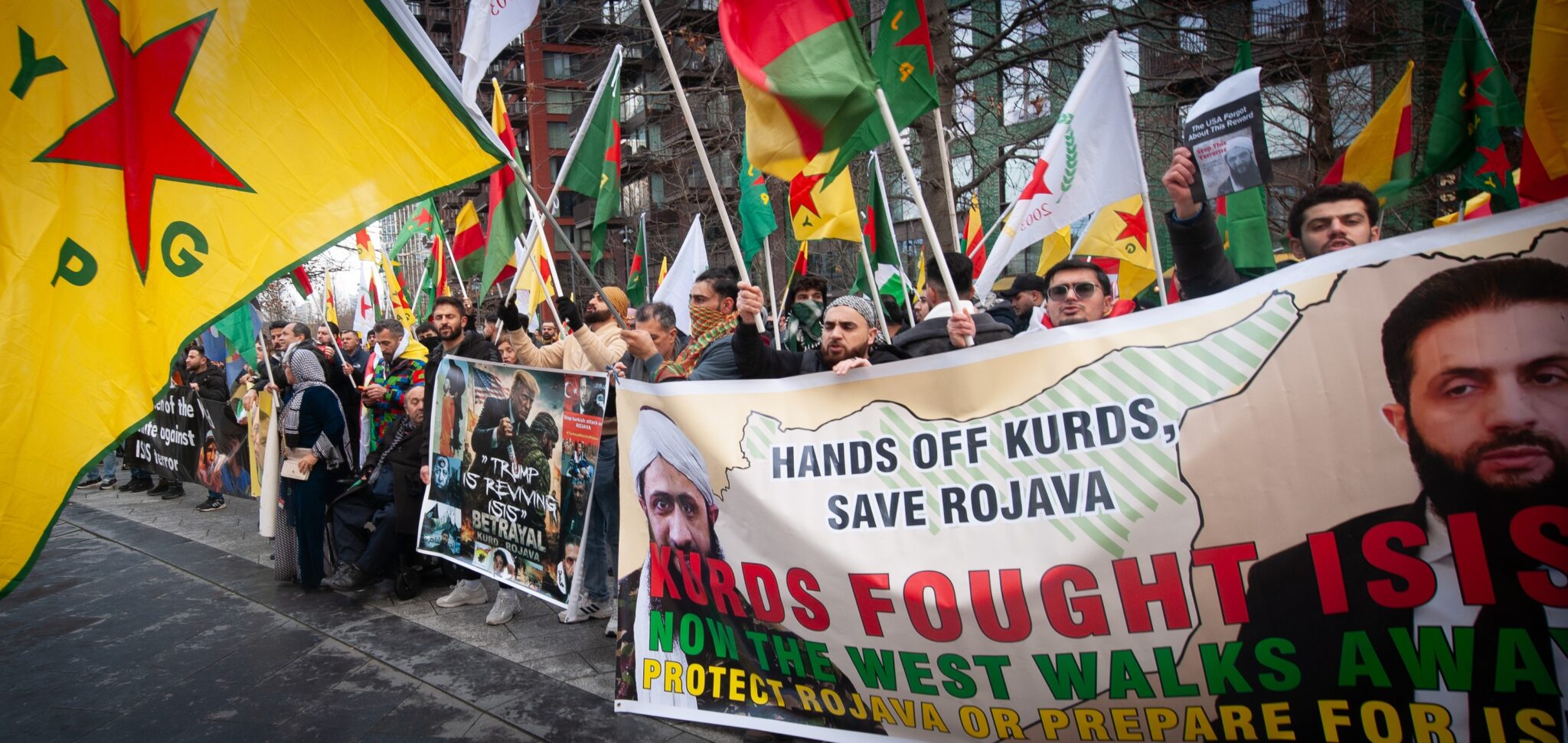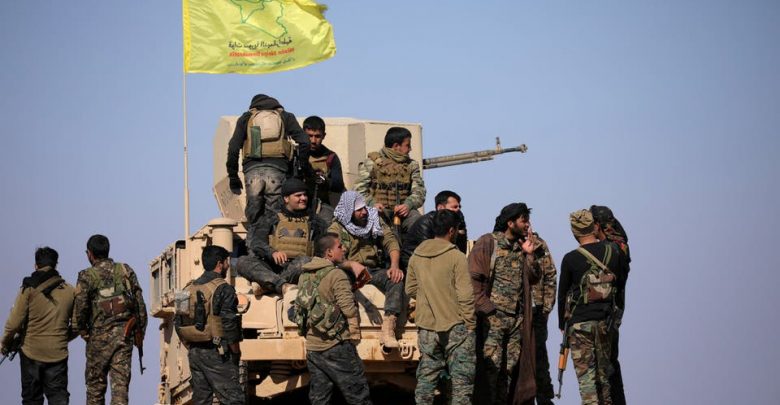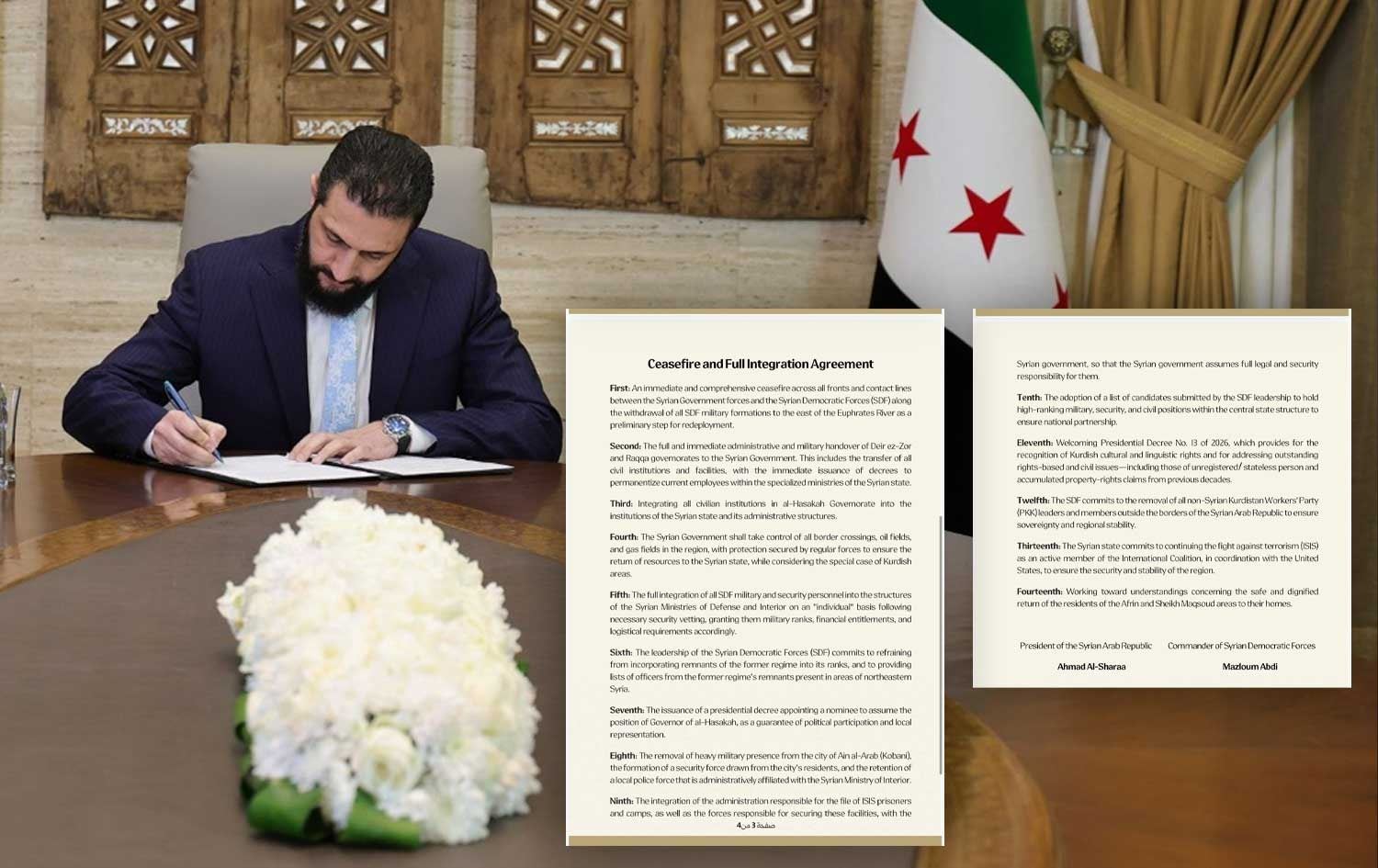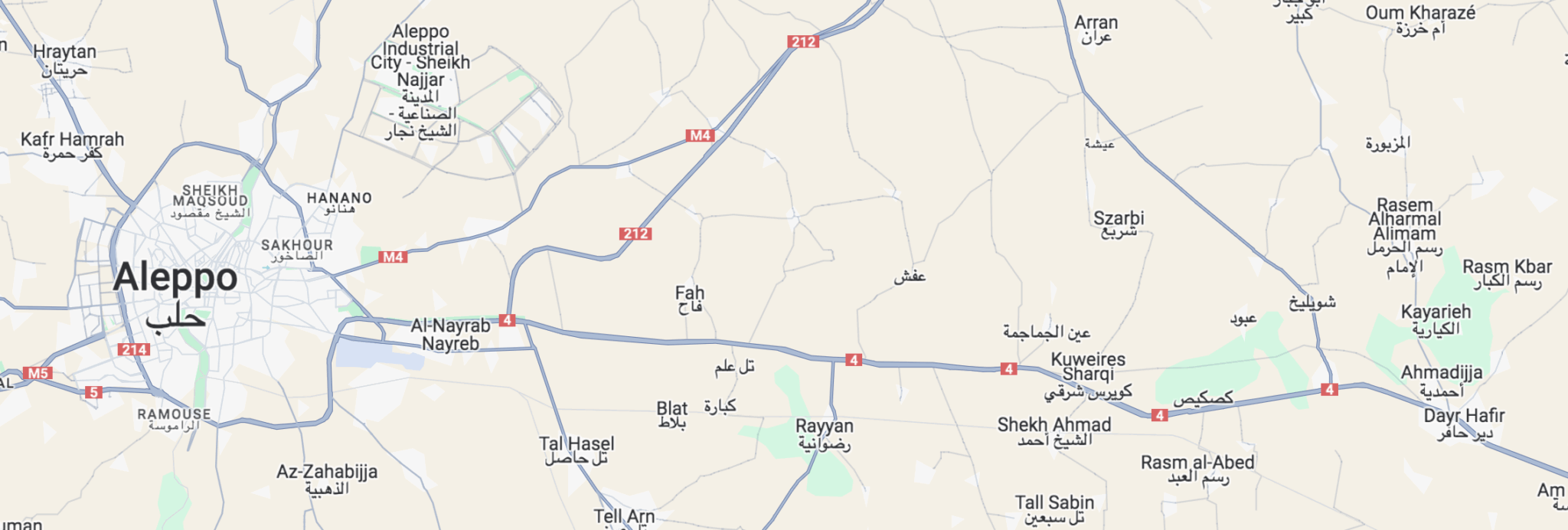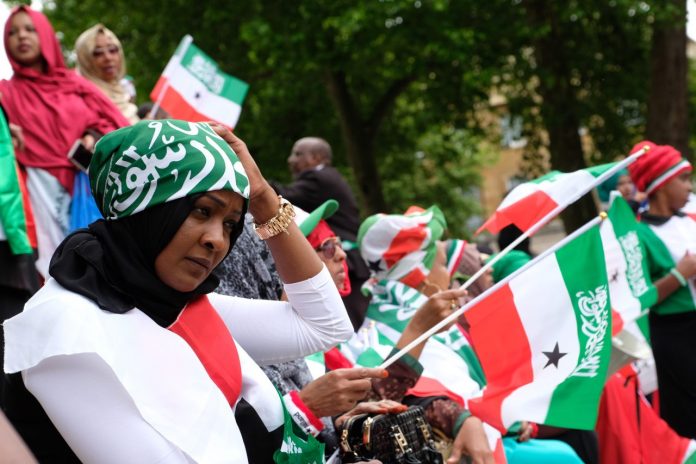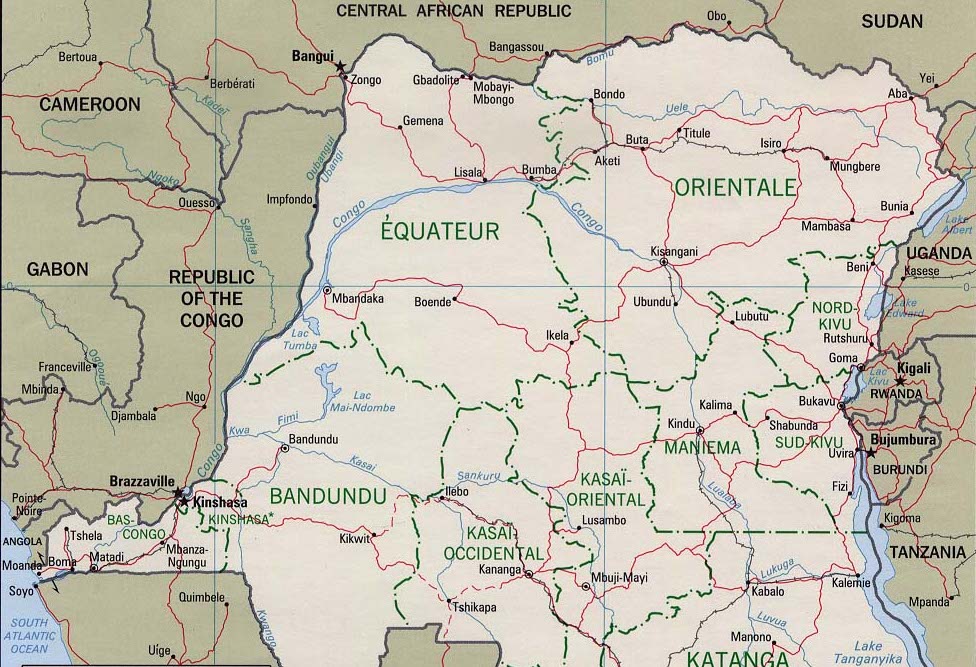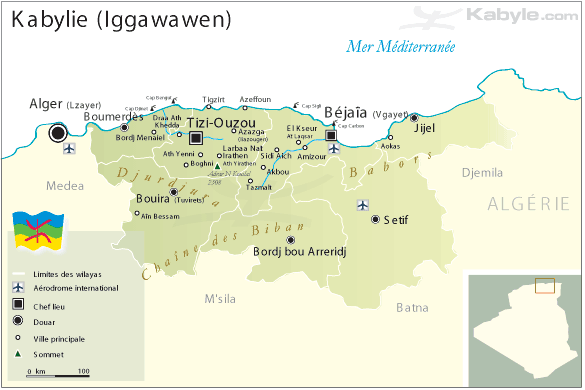
Algeria: retrial opens for Kabylia activists facing execution
Amnesty International pressed for Algerian authorities to ensure that the retrial of 94 people in the violent events of August 2021 in the Kabylie region complies with international human rights safeguards, emphasizing opposition to use of the death penalty and warning against any form of torture. The defendants are charged in the lynching of a man wrongly accused of starting devastating wildfires that ravaged Algeria in 2021. However, Amnesty found that the convictions against several of the accused appear to have been politically motivated, as they were affiliated with the Movement for the Self-determination of Kabylie (MAK), designated as a terrorist organization by authorities. The retrial was ordered by the Supreme Court, which found the convictions had been tainted by irregularities, including evidence coerced through torture. At least 38 defendants may face death sentences. (Map: Kabyle.com)



